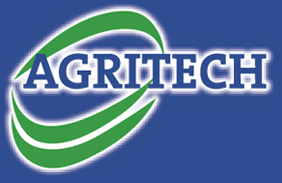Calves that receive a sufficient level of high quality, clean, fresh colostrum have proven to be 24 times less likely to suffer from a scour-related sickness in the first weeks of life. The importance of careful management cannot be overlooked, with the majority of scour-related issues experienced on farms being directly correlated to insufficient passive transfer.
Feeding colostrum on farm
3-2-1 Rule:
1: Offer milk from the dam’s first milking
2: Within the first two hours of birth
3: Offer at least three litres (approx. 10% of birthweight)
Typically, there is large variation in quality within a herd, with Teagasc research showing that approximately 20% of a herd may have poor quality colostrum, i.e., insufficient antibodies for the calf. Many farmers have started to test colostrum quality using a refractometer to ensure calves are receiving a high-quality first feed, with the threshold of a Brix value > 22% being the quality standard.
Pooling colostrum is often practiced on farm due to labour constraints, however combining colostrum from several cows will increase the risk of disease spread (e.g., Johnes), reduce passive transfer and dilute high-quality colostrum. Where possible, aim to otter calves a ‘one-dam-to-one’ calf system to avoid such issues occurring.
High standards of hygiene are necessary when collecting, feeding and storing colostrum, with research indicating that clean (no dirt contamination) colostrum allows for increased antibody absorption. Bacterial contamination will compete with antibodies at gut level, resulting in reduced passive transfer. Recent results from a Teagasc Moorepark survey of 48 commercial farms highlighted that stomach tubes and bottles with teats had the greatest quantity of bacteria present.

Boosting colostrum quality
If an issue with colostrum quality on farm is identified, feeding soyabean meal to the in-calf cow in the final two weeks pre-calving can boost overall quality. Feeding rates will be silage quality-dependent but typically range from 0.25-0.75 kg/head/day.
Further Advice
For further calf rearing advice or to learn more about our milk replacer range, contact your local Agritech Sales Advisor.

